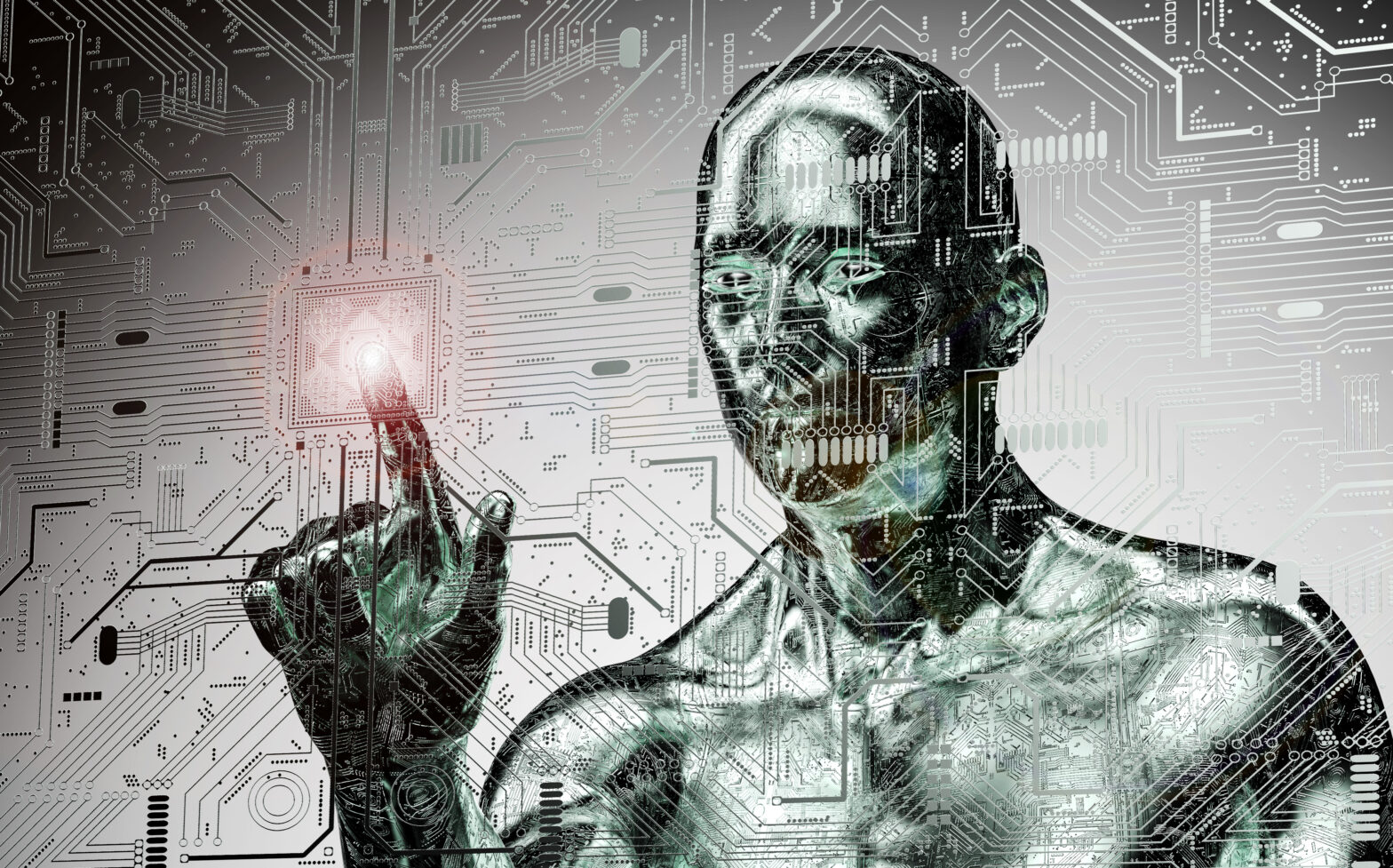Every society needs an enemy: something which threatens the fabric of the nation. Whether it’s the barbarians at the gates of Rome, Reds under the bed, or the job-destroying stocking frames attacked by the Luddites, every age has its own perceived existential threat. Ours is robots.
This world will not just survive the rise of the robots, but benefit from them greatly. It’s true that they will disrupt the workforce, but the apocalyptic forecasts of mass unemployment are simply hyperbole, more fitted to a Brothers Grimm tale than a rational discourse of the near future.
>See also: Could robots take over in the HR department?
What society needs are facts, not scaremongering. However, facts about the future (excluding death and taxes), especially with the pace of change and the uncertainty in the world are difficult to come by.
So let’s start with Forrester’s prediction that by 2019, a quarter of all job tasks will be offloaded to software or robots. It seems alarming and is certainly headline grabbing, until you read further and find, in the same report, that these technologies will create a further 14 million jobs in the same period.
No-one denies that a world powered by automation and AI will look very different from today, and no doubt some existing jobs will go the way of ostlers, farriers and blacksmiths. At the same time, technology will create entirely new careers, many of which people can only guess at today.
>See also: European politicians vote to regulate rise of robots
People should be accepting of this inevitable rise of the machine, because, for all the capabilities of AI, machine learning, RPA and robots, no technology comes close to the ingenuity of even the most average human mind.
The problem is not that robots will steal our jobs in the future: it is that humans have been wasting their faculties on tedious tasks that are much better performed by artificial intelligence or software, such as rekeying data or answering routine queries.
It will also help with the UK ‘productivity gap’, that the country has been suffering from for several years. The UK has been at the forefront of offshoring, lots of that efficiency gained from labour arbitrage can instead be delivered by robots and managed locally; driving more flexibility, control and efficiencies.
Far from being a jobs thief, new technology will augment the workforce, freeing them from repetitive, mundane tasks and using their higher abilities on more meaningful activity.
>See also: Robots could replace 250,000 public sector workers by 2030
Take chatbots and AI assistants. Already these are replacing the time-consuming task of scheduling meetings, creating schedules – even taking notes in meetings. This means that the “cognitive load” (not to mention the time) can be spent on more productive, creative, and valuable activity.
Businesses must adapt to the great changes that have just begun to take shape and embrace the opportunities that technology represents. Because, if history teaches us anything, it is the futility of trying to stem the tide of change.
Nominations are now open for the Tech Leaders Awards 2017, the UK’s flagship celebration of the business, IT and digital leaders driving disruptive innovation and demonstrating value from the application of technology in businesses and organisations. Nominating is free and simply: just click here to enter. Good luck!
Sourced by Mark Corley, CTO, Avanade UK







